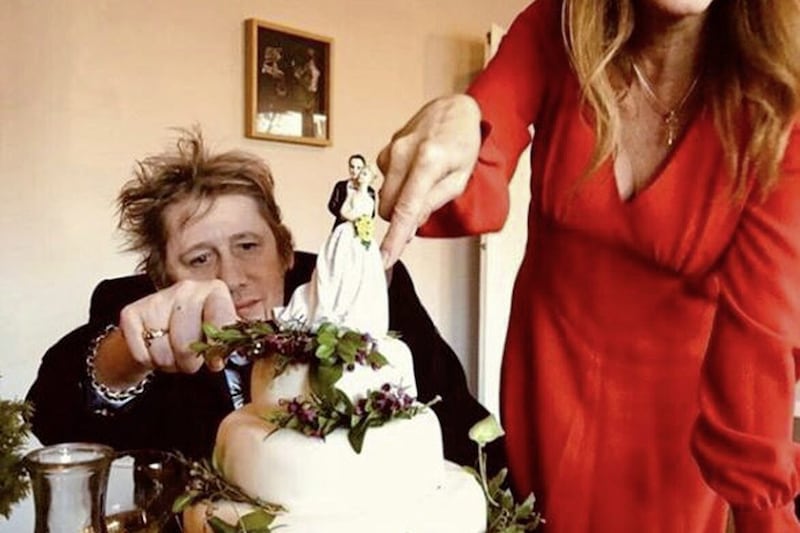The Spark, BBC Radio 4
The Spark is a series of interviews with people who are thinking about the world afresh.
Cue a familiar accent – Professor Rory O’Connor.
In his book, When It Is Darkest, he sets out his radical new approach to suicide prevention.
His whole career has been dedicated to the study of why, as he puts it, some people “lose their struggle to live”.
It began back when he was a psychology student at Queen’s University Belfast and his professor asked him to consider a PhD on suicide.
It was a kind of sliding doors moment that set him on a path for life.
It is just not his professional world – he, himself, has been touched by suicide.
Tragically, that same professor later took his life after a long struggle with mental health.
He was not the only one. A close friend, Clare, lost her struggle with life too.
He did not see it coming, he said.
O’Connor challenges the myth that asking somebody if they are considering suicide will plant the idea in their head.
It is much better to reach out than to shy away.
“If you ask about suicide that could be the start of a life saving conversation,” he said.
The sense of human connection can save a life.
About 4 per cent of people who are treated for depression take their life.
If you make that decision your mood might lift; as your mood elevates then you have the capacity to plan and carry out the act.
There was sound advice here about checking in with someone who has unexplained improvement in mood and above all about compassion.
Suicide never has a single factor, it’s a perfect storm of factors.
The statistics are sobering. Each day in the UK 15 people lose their struggle to live and 20 times that number will have tried to end their lives, he said.
Such deaths have a ripple effect on families and friends and professionals.
This was a difficult but helpful interview – a guiding hand from a man who has devoted his life to finding new ways of combating suicide.
It’s a public health problem and should be addressed as such, he said.
If you reach out to someone bereaved by suicide, if you can convey a sense of compassion and validation, then that makes all the difference, he added.






